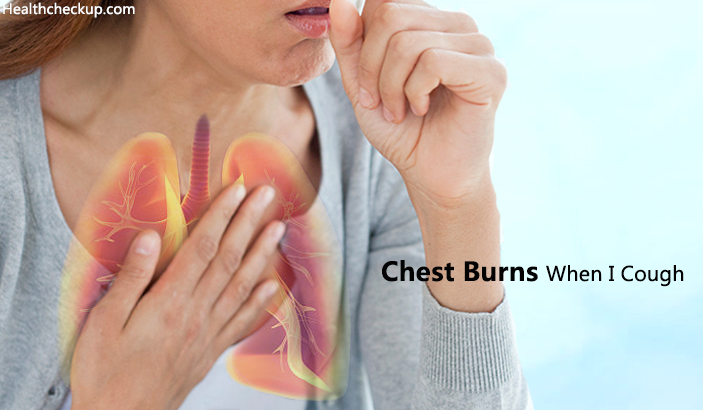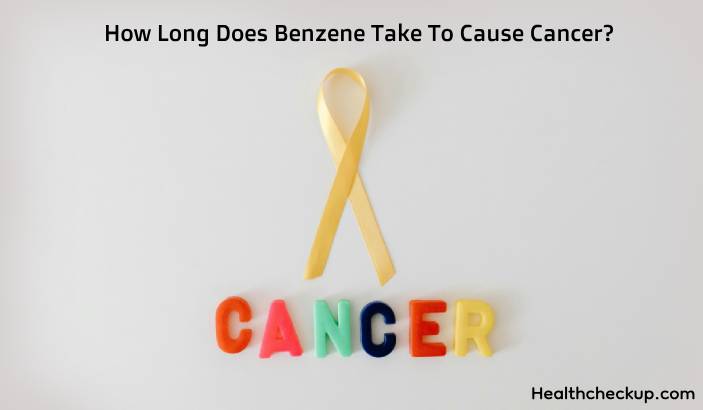Why Do We Cough?
Just like white blood cells play a protective role against illnesses in our body, similarly, cough is an inborn defence mechanism of our respiratory tract to get rid of mucus, dust, fumes, micro-organisms and other toxins.
A cough along with mucus production is the most efficient way to clear the airways. Quite often, cough also becomes a sign for airway disease. It is therefore not an abnormal symptom. Almost all conditions related to the respiratory tract are associated with pain or burning in the chest when you a cough.
About 18% of the US population is reported to have a persistent cough. A higher incidence was reported in females for chronic, non productive cough at night related to smoking, asthma, obesity and environmental factors.
India, on the other han,d has one of the largest percentages of tobacco consumers, beginning right from the adolescents.
For city dwellers, the duration and intensity of a cough and the amount of mucus produced depend upon the amount of exposure to irritants like chemicals, toxins, industrial fumes, cigarette smoke, vehicular emissions and dust. Whereas in rural areas dust, animal dander, hay and pollens are potential enough to cause a cough.
Types of Cough with Symptoms:
Acute Cough lasting for less than 3 weeks. Cough presents usually with fever and expectoration.
Chronic Cough lasting for more than 8 weeks. Cough is usually dry and without fever or any other symptoms.
Wet Cough with mucus production. Mucus production with a cough is seen in acute viral or bacterial infections and is associated with fever.
Dry Cough caused due to environmental factors like dust, fumes, vehicular and industrial emissions. Dry cough is usually chronic without other symptoms or fever.
Long lasting cough with or without expectoration and pain or burning in the chest can be seen in a number of respiratory tract conditions like:
- Allergic Rhinitis
- Chronic Obstructive Pulmonary Diseases (COPD) – Including emphysema and chronic bronchitis
- Bronchial Asthma
- Interstitial Lung Diseases
Often, chronic and dry type of a cough do not present with fever or any other symptoms. This article will help you understand why your chest burns when you cough
Why Do I have Pain in My Chest When I Cough?
Heart attack is the first most probably cause for pain in the chest. Chest pain during a cough should certainly not be ignored. You can have pain in the chest or burning in the chest without fever due to respiratory, muscular or gastric causes.
If you have Pain in Chest When you Cough, These Conditions may be Present:
- Pleurisy : Irritation of the lining of the lungs causes pain in chest while coughing. Patient complains of sharp, pain while breathing or coughing. Causes are bacterial or viral infections, cancer, and pulmonary embolism and connective tissue disorders.
- Pneumonia: Infections of a portion of the lung or entire lung causes fever with chills, shortness of breath, expectoration and chest pain while coughing.
- Pulmonary Embolism: When a blood clot obstructs a blood vessel of the lungs, it causes severe breathlessness and sweating along with chest pain while coughing. Blood may be present in mucus.
- Bronchial Asthma: Constriction of air passages causes shortness of breath and chest pain on breathing or coughing.
- Bronchitis: This could be acute, chronic or allergic. Due to constricted airways from excess mucus production, the patient will complain of tightness in chest, mucus production and burning in the chest while coughing.
- Rib Fracture: Pain in the chest while coughing and tenderness of affected rib. Cough with bloody expectoration may be present in major trauma.
- Costo Chondritis: Inflammation and infection of the rib. A patient having this condition will complain of burning in chest associated with fever and cough.
An elaborate history taking along with a chest radiograph and occasionally additional blood tests may be required to find out the cause of pain in the chest or burning in the chest when you a cough.
What Does It Mean to have Burning in Chest When I Cough?
When your chest burns while a cough, it means that a gastric condition could be an underlying cause. Gastric causes for chest pain are rarely associated with fever or expectoration. If you have burning in the chest while coughing, it could be due to the following reasons:
- Gastro Esophageal Reflux Disease – Often referred to as “heart burn” due to the characteristic burning sensation in the chest behind the sternum (middle of the chest) or exactly in the region of the stomach (lower portion on the chest in between the lungs). Patients also complain of throat irritation, hoarseness and burning in the chest along with a cough. Triggering factors include oily, spicy food, alcohol, tea and coffee.
- Esophageal Spasm – High pressure contractions of the esophagus may cause regurgitation of food or liquids along with squeezing type of chest pain lasting few minutes to hours. There is no known specific cause of esophageal spasm. This type of chest pain often mimics a heart attack.
- Peptic Ulcers – Abdominal pain occasionally, burning pain in the chest or region of stomach because of fasting, taking alcohol, NSAIDs or from spicy food.
- Occasionally pain attacks and anxiety also present with a cough with pain or burning in chest.
The possibility for a cardiac cause can be ruled out by careful history taking and by means of an ECG, ultrasound and/or chest x-ray to support the diagnosis. Gastric causes of burning in the chest while coughing could be equally serious. And it is advised to seek prompt medical attention for the same.
Management of Cough:
Management of a cough is primarily aimed at removing the cause. It is important to explain to the patients the importance of a healthy lifestyle. For the urban crowd, environmental dust and pollutants work as a maintaining factor but the similar logic can also be applied.
Since changing the place of residence is not possible for maximum individuals, adequate measures to build a good immune system can be undertaken. It is also not possible to take antibiotics, cough syrups or steroids each time you have an irritating cough. Therefore, apart from medications, some home remedies work naturally in treating cough.
- Steam Inhalation – Effective in treating both wet and dry cough due to any reason. The warmth of steam moisturizes the airways and loosens mucus. Few drops of eucalyptus oil or fresh Aloe Vera gel in vaporizer are more effective.
- Gargling With Warm Salt Water – Salt is known to be anti-infective. The effect of salt water gargles lasts for a few hours. Salt with warm water makes it difficult for bacteria to survive.
- Warm water with some honey and a few drops of lemon help your lymphatic system in draining micro-organisms and toxins. Honey helps to soothe the throat.
- Turmeric milk is an age old household remedy to treat a cough due to any reason.
- Chewing crushed raw garlic is anti-bacterial. It reduces bouts of a cough.
- Chicken soup or any warm soup or drink is known to soothe the throat.
- Teas – Chamomile, Echinacea, ginger or green tea.
- Increase intake of water. Water helps to flush out toxins from the body.
- Vitamin C supplements or natural sources of vitamin C aids in recovery.
If your Chest Burns While Coughing, There are Certain Measures to Follow so that Your Stomach Lining is not Irritated Further.
- Avoid spicy and oily food because they will worsen the stomach irritation.
- Avoid excess of tea and coffee.
- Drink cold milk before bedtime – this normalizes pH of the stomach.
- Avoid smoking and alcohol consumption.
- Avoid food rich in proteins like egg yolk and fish. These products increase hyperacidity and burning in chest and stomach.
- Drink a lot of water to minimize the effect of acid and reflux.
- Drink buttermilk instead of curd.
- Cinnamon and cloves aid in effective digestion.
- Apple cider vinegar has alkaline properties. It is also a good drink to protect your body against a large variety of illnesses.
When to Contact A Doctor?
A cough due to viral infections is usually self-limiting. But a post-viral cough can be potentially irritating and long lasting. On the other hand, cough from bacterial causes usually responds well to antibiotics.
However, cough due to reflux or from allergic causes can cause a chronic, dry and unproductive cough. In spite of such a large variety of home remedies, if a cough doesn’t subside or it increases, or if it lasts longer than eight weeks, then it will be advisable to visit a clinician. In such cases, it becomes mandatory to evaluate the cause of a cough and manage it accordingly. None of the disease conditions should be underestimated and timely consultation should be sought.
Medically Reviewed By
Dr. Himanshi is a Homoeopathic consultant and currently working as a lecturer in Post-graduate faculty of Homeopathy, Parul University, Vadodara. Completed BHMS and MD in Homeopathy in January 2018 and also has a clinical experience of about 6 years. Personal interests include reading, spending time with family and traveling.








